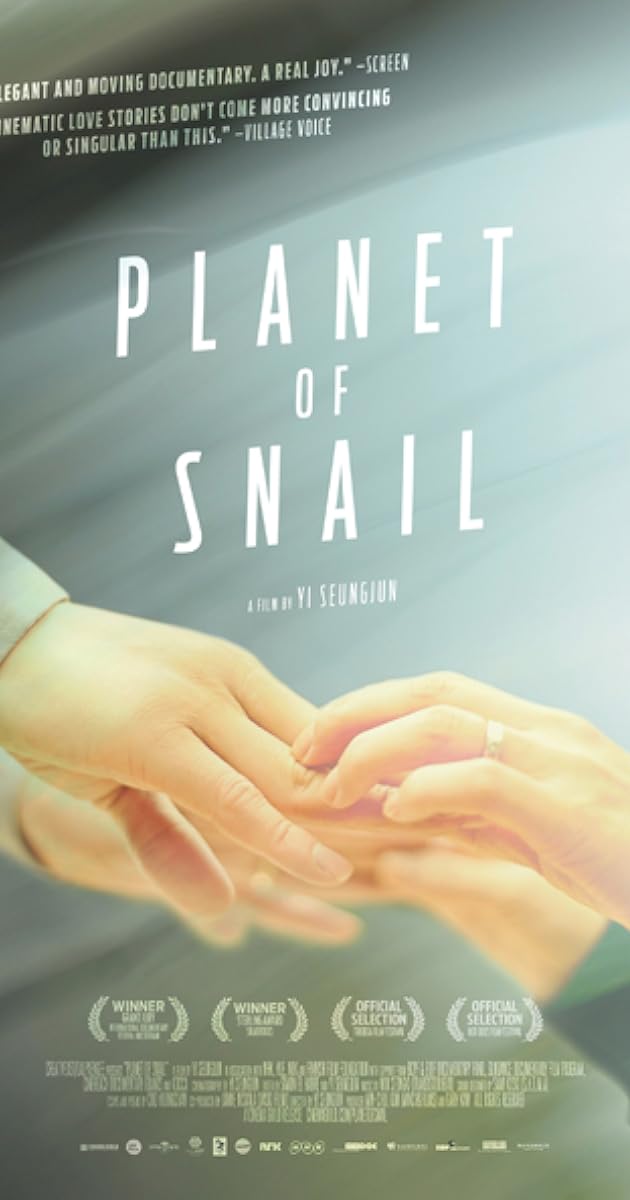You are using an out of date browser. It may not display this or other websites correctly.
You should upgrade or use an alternative browser.
You should upgrade or use an alternative browser.
Essential Coli-members what's the last thing you watched?
- Thread starter Danie84
- Start date
-
- Tags
- discussion movies reviews tv shows
More options
Who Replied?
Good flick
 . Talk about undying love and for better and for worse. Man
. Talk about undying love and for better and for worse. Man
freddy vs jason was such a missed opportunity.
I remember watching that movie and was just dumbfounded of how much they dropped the ball on that movie
 .
.It was more of a comedy than a long awaited horror pair up for the ages.
i was mad at the fact that the fight scenes were good but they weren't that long. they'd cut away when shyt got lit.I remember watching that movie and was just dumbfounded of how much they dropped the ball on that movie.
It was more of a comedy than a long awaited horror pair up for the ages.
maybe because this was in the pipeline since 88 but then got shelved..plenty of issues and missed opportunities for sure.freddy vs jason was such a missed opportunity.
it wasnt THAT bad tho!freddy vs jason was such a missed opportunity.
Killigraphy
Banned
Rewatching House of Cards....its so good...gonna miss Spacey on that show.
Cartier Murphy
Apathy’s a Tragedy & Boredom is a Crime
ManBearPig
half man half bearpig
Requiem for a Dream
TheGodling
Los Ingobernables de Sala de Cine

Le Fidèle (also known as Racer and the Jailbird) is a thriller drama from Michael R. Roskam (The Drop, Bullhead) about bank robber Gigi (Matthias Schoenaerts) who begins a relationship with female car driver Bibi (Adèle Exarchopoulos) while posing as an import/export trader of exotic cars. Trying to keep his secret life hidden from her as his partners push him deeper into trouble, their tumultuous relationship can't last long, or can it? Set against a retro backdrop, it has all the makings (and looks) of a stylish 60s Steve McQueen flick, and Roskam delivers early on with strong atmosphere but as the movie goes on, the narrative unfortunately loses focus and completely flies off the rails in a third act that rushes through dramatic developments that clashes with the slow build of the first two acts. Roskam clearly wants to end the movie with a clear bang, but by not allowing the rush hour of dramatic turns to breathe, it fumbles its way across the finish line. And as such a great concept/plot and a powerful on-screen couple (Schoenaerts and Exarchopoulos are both perfect) end up feeling somewhat wasted despite it having all the potential of being a classic.

Possibly the best movie of the year is almost undone by one of the most baffling creative decisions I've seen in recent memory. Kornel Mundruczo (director of the severly unappreciated White God) delivers one of the most visually impressive experiences as we follow a young Syrian immigrant who is shot after crossing the border into Hungary. His wounds mysteriously heal as he finds himself floating upwards into the sky before falling down again. When a bitter doctor who has lost his faith discovers the boy's gift of levitation, he uses him to make money on dying patients in desperate need of a miracle while an immigration detective tracks them down. From the opening scene of the refugees trying to cross into Europe to the many levitation scenes, the camera work is gorgeous, a powerful combination of the grounded over-the-shoulder realism of Emmanuel Lubezki and the ethereal floating and twisting of Gaspar Noe. The movie itself is almost a counterpiece to the latter's Enter The Void, boasting itself as an upwards ascension compared to Void's downwards spiral, taking on immigration, terrorism, the loss (and recapturing) of faith and more. So where does it go wrong? In a bizarre casting decision, the Hungarian doctor is played by Georgian actor Merab Ninidze while the Syrian immigrant is played by Hungarian actor Zsombor Jeger. Since neither actor speaks the language of the characters, and they must also speak in English, both characters' speech were dubbed entirely in post-production, the result being constant lip-syncing issues and a volume of dialogue that never changes no matter where characters are positioned in the frame. It violently pulls you out of the movie every time they speak, and with quite a bit of dialogue spread throughout, the narrative part of the movie becomes nearly a chore to sit through. Perhaps it would have been more tolerable if I had been aware of it beforehand, so I could have prepared for it, but I really can't conclude otherwise than that the dubbing issue takes the movie down a full point of two.
 bc of how horrible the 1st one was (I didn’t even finish it)........I’m in the middle of “GI Joe:Retaliation” atm & it’s not THAT bad
bc of how horrible the 1st one was (I didn’t even finish it)........I’m in the middle of “GI Joe:Retaliation” atm & it’s not THAT bad 







